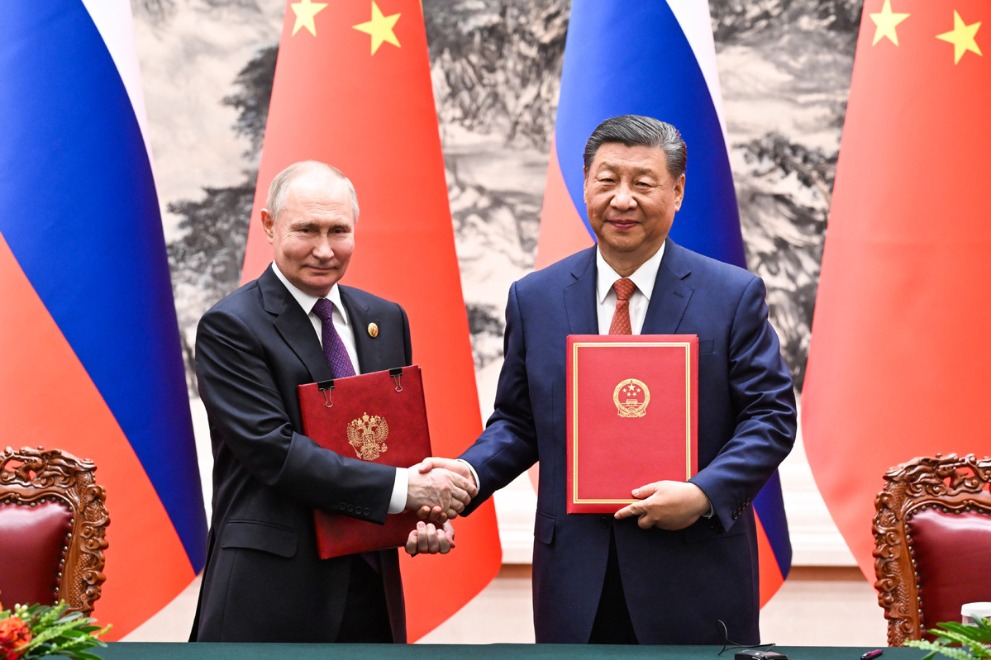Growth of big data helps transform province
By Ouyang Shijia | China Daily | Updated: 2019-08-02 10:12

Buoyed by supportive policies, the rapidly developing province has now attracted thousands of leading tech and internet companies including Apple, Microsoft, Dell, Intel, Huawei, Tencent and Alibaba.
Han said the government will also push for the integration of big data with the real economy - which mainly consists of goods and services - for governmental, commercial and civilian use.
He said the integration was a key driver of industrial transformation to improve quality and efficiency. "Last year, the development index of big data and real economy integration reached 36.9, up from 33.8 in 2017. The integration of big data and the real economy in Guizhou is now striding from the initial stage to an intermediate stage."
According to Han, the government aims to integrate big data with more than 10,000 enterprises in the real economy by 2022.
The drive to transform Guizhou from one of the nation's poorest and less-developed provinces into a leading tech hub covers a wide area.
The government said 33.9 percent of industrial companies had fully integrated big data into their research and development, production, sales and management. Just over half the services companies used for cost and profit analysis took advantage of big data.
Digital technologies apply not only in the business sector, but also in e-governance and civil services.
With the establishment of a mobile e-government platform, Guiyang residents are now able to use their electronic IDs to book plane tickets.
Currently, 83.1 percent of provincial government services can be processed online, with the number to hit 100 percent by the end of this year.
Several leading high-tech companies have also taken root in the province. Headquartered in Guiyang, the truck-hailing company Manbang Group is one of the top unicorn companies - a startup valued at more than $1 billion - in the Chinese logistics industry. Using big data, Manbang helps drivers find commodities waiting to be shipped without worrying about a potential empty return trip,
Manbang came into being in 2017 with the merger of China's top two Uber-like apps, Truck Alliance and Yunmanman. In April, it announced a new round of $1.9 billion in financing, taking its total valuation to more than $6.5 billion.
Xu Qiang, vice-president of Manbang, said the company will use big data to open its platform to foreign freight users and expand its services for drivers and logistics companies. Manbang serves around 6.5 million truck drivers and 1.6 million consignors, covering 339 cities nationwide.
Zhao Yandi contributed to this story.
























